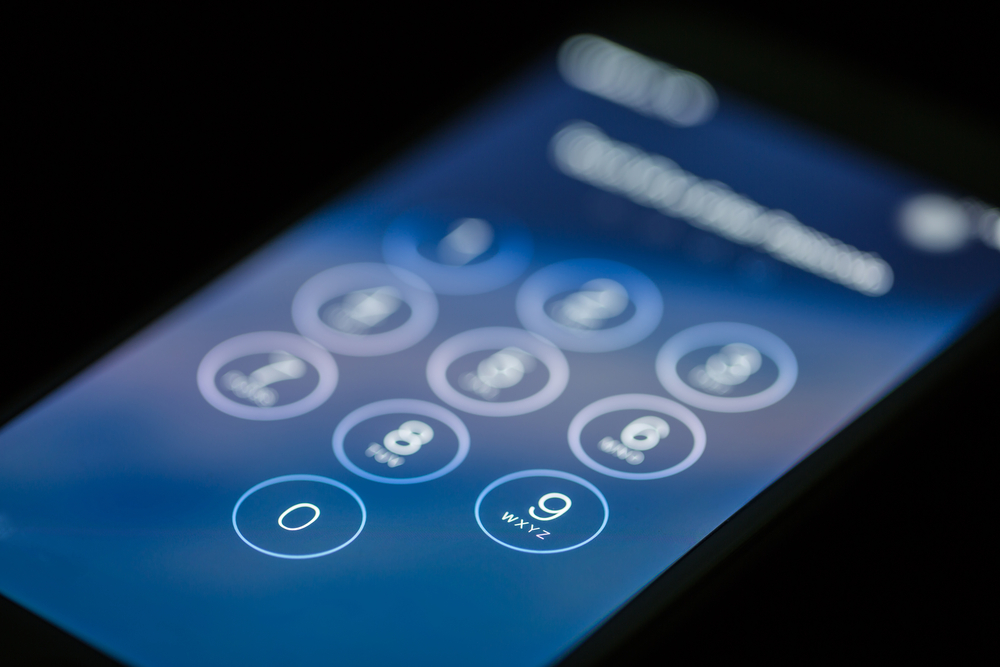Years ago, not long after I’d moved to Cape Town, I spent a weekend afternoon with a fellow student’s family in their lovely garden on the banks of the Diep River, which winds through that city’s leafy southern suburbs. It was about as far as one could get from the bloody reality of the “township” uprising out on the Cape Flats, where the incessant southeaster winds blew sand so hard that being outside was like being attacked by a swarm of enraged no-see-ums.
My hosts were African refugees … from Rhodesia. Unlike darker-skinned migrants, they’d been welcomed with open arms by the South African government. Like most ex-colonials, my hosts were supremely confident in their knowledge and interpretation of the “African mind.” They were convinced that black Africans didn’t really wish to rule themselves. All the “troubles” were the work of agitators; “real” Africans recognized that white rule was the best of all possible worlds.
In a few short years, that fantastic delusion lay crushed.
I can think of no better way to begin to understand the mentality of our own rulers. Based on a recent privacy-stripping bill before the Senate, they are clearly as out of touch with reality as my hosts on that long-ago day.
The problem, of course, is that unlike my deluded Rhodesian friends, they are still in charge of this country…
And They Call It “Intelligence”
Senators Richard Burr (R) of North Carolina and Dianne Feinstein (D) of California are the two senior members of the Senate Select Committee on Intelligence. Recently, they jointly introduced a bill instructing any technology company operating in the U.S. to make encrypted data “intelligible” when presented with a court order. Such decrypted data must be handed over on demand to “the government of the United States and the government of the District of Columbia, or any commonwealth or possession of the United States, of an Indian tribe, or of any state or political subdivision thereof.”
As one wag put it, this language would “empower the 11 members of the Augustine Band of Cahuilla Indians to demand that every corporation be able to decrypt all online information of any kind, on any American, and be delivered to that tribe.” The same power would apply to, say, your local school board or dogcatcher.
Rule of Law ≠ Rule of Government
The Burr-Feinstein bill claims to support “the rule of law,” which the authors seem to think means that if a government agency or court orders us to do something, we must do it without question. There are three problems with this:
- That’s not what “the rule of law” means. As libertarian writer Julian Sanchez points out, rule of law is “the idea that all citizens, including those who wield political power, must be governed by neutral, publicly known, and uniformly applicable rules — as opposed to, say, the whims and dictates of particular officials.” Burr-Feinstein interprets rule of law as meaning instant, unquestioning obedience to any government entity acting in an official capacity. I’m sure Taser-toting traffic cops would just love that legal standard.
- The law would require the U.S. government to establish a censorship system over all data available in the U.S., presumably involving a Chinese-style “Great Firewall.” This would be necessary to ensure that online platforms like Apple’s App Store and the Google Play Store stop the distribution of secure encrypted apps like those I use, which are often produced by companies in privacy-loving countries like Switzerland.
- Not only is the bill astoundingly backward — “the technological equivalent of the chairpersons of the Senate Committee on Commerce, Science, and Transportation introducing a bill banning credit cards, microscopes, and roads” — it exposes all of us to enormous risk. It’s happened before: Until 1996, strong encryption was defined by the U.S. government as a “munition” and therefore illegal to export overseas. Weak encryption was thus integrated into thousands of global software systems, making them susceptible to digital assaults such as the FREAK attack of 2015, which targeted legacy code that incorporated this weaker “export-grade” encryption. That included a lot of “secure” websites, like, you know, banks.
Rule Yourself
The FREAK attack was a direct outcome of shortsighted laws just like the Burr-Feinstein bill. Such laws reflect the fact that the people in power in the U.S. today — both Republicans and Democrats — are dangerously out of touch with reality. And, like my ex-Rhodesian friends, I have no doubt at all that their plans to strip us of our right to privacy will collapse around them.
How can I be so sure? Ultimately, if Burr, Feinstein, et al. want to impose their will, they’re going to have do more than create the Great Firewall of Uncle Sam. They’re also going to have to shut down writers like me and publications like The Sovereign Investor Daily. That’s because I’m going to keep right on recommending encryption tools like this one for your computer, this one for your calls and this one for messages.
To stop people like me from doing that, they’ll have to resort to brutal censorship … and that’s something in which I’m confident they will never succeed.
Kind regards,

Ted Bauman
Offshore and Asset Protection Editor









